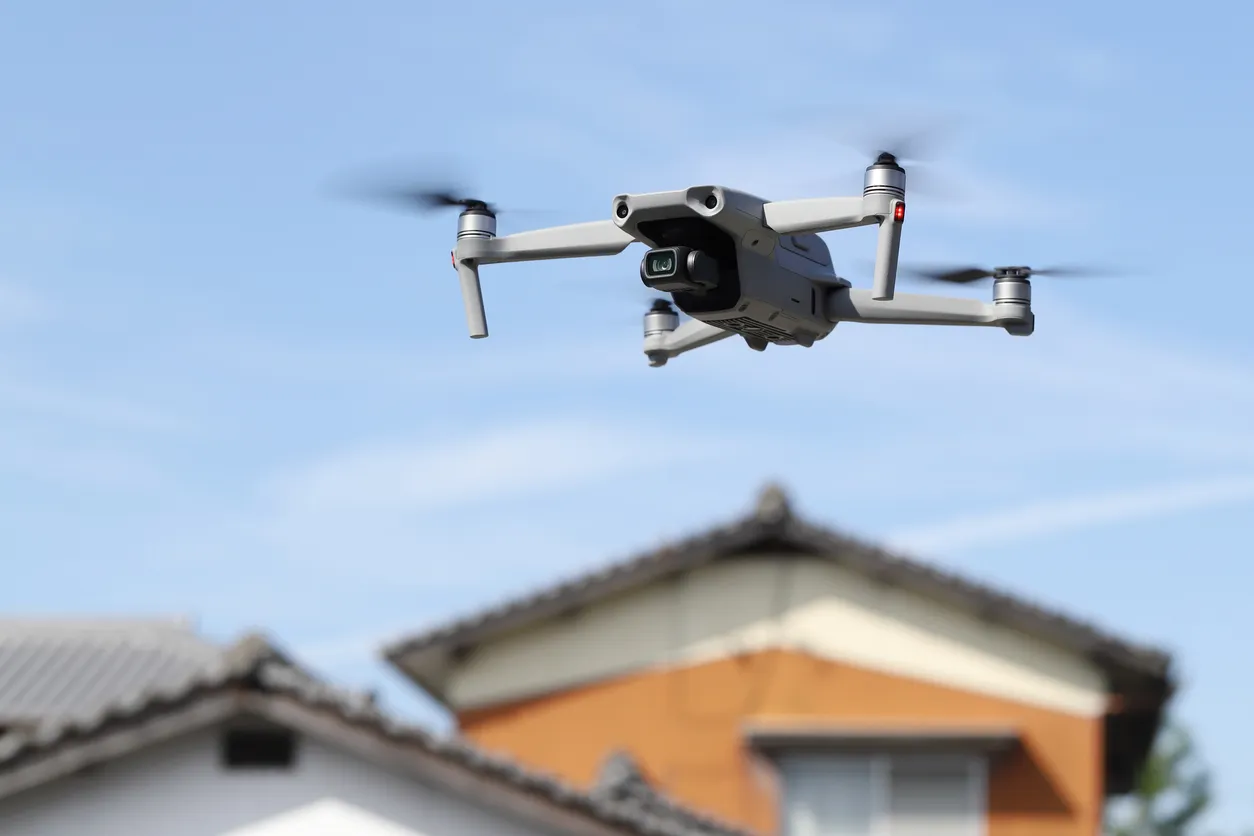Russia Develops Key Component for Securing Smart Homes on KasperskyOS
A new driver built for KasperskyOS integrates smart home devices into a single protected ecosystem, dramatically increasing resilience against cyberattacks.

Russia has developed a software solution that enables smart home devices to operate securely within a unified ecosystem. The innovation relies on KasperskyOS, a cyber-immune domestic operating system designed to provide strong resistance to hacking attempts.
The project was created by Maxim Sychyov, a graduate of Moscow Aviation Institute. His development is a special driver for the public version of KasperskyOS that allows heterogeneous devices—such as sensors, cameras, and smart relays—to exchange data safely over a reliable CAN bus protocol.
The principle of operation lies in creating an isolated control environment. All commands, whether turning on lights or triggering an alarm, are transmitted and executed under the strict supervision of the operating system. KasperskyOS monitors each connected device in real time, verifying its activity against a predefined set of approved commands. If even a slight deviation is detected—potentially signaling a hacking attempt—the OS immediately blocks the suspicious element, preventing the attack from spreading across the entire network.
The appearance of this driver marks an important step in advancing secure Internet of Things technologies in Russia.









































